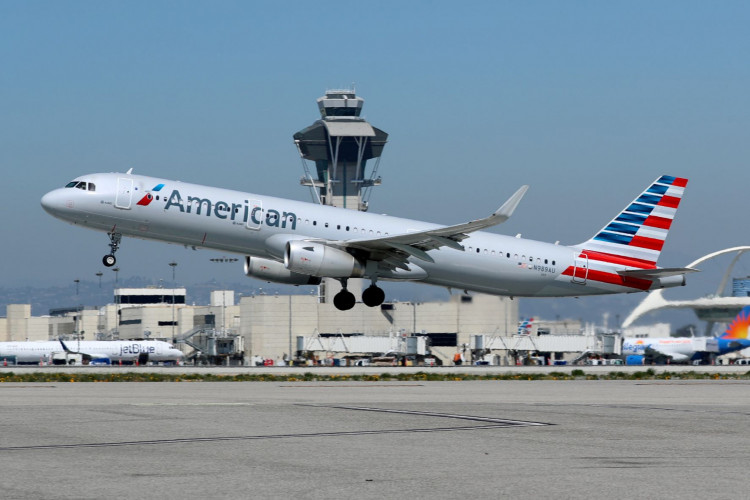American Airlines has been fined $50 million by the U.S. Department of Transportation (DOT) for violations of disability protections between 2019 and 2023, marking a record-setting penalty for mishandling passengers with disabilities. The airline, according to the DOT, consistently failed to meet standards for providing safe, timely assistance to passengers using wheelchairs and other mobility devices, often resulting in damaged equipment and injuries to travelers.
The penalty follows a multi-agency investigation, supported by the Justice Department's Civil Rights Division, which uncovered widespread issues regarding the treatment of passengers with disabilities by the airline. "American Airlines has been one of the worst performers in the handling of wheelchairs and scooters among U.S. airlines," the DOT said in its announcement. Transportation Secretary Pete Buttigieg underscored the significance of the penalty, stating that the department is aiming to fundamentally change how airlines treat passengers with disabilities. "By setting penalties at levels beyond a mere cost of doing business, we're aiming to change how the industry behaves and prevent these kinds of abuses from happening in the first place," Buttigieg said.
The investigation revealed multiple instances where American Airlines personnel failed to provide adequate physical assistance to passengers in wheelchairs, sometimes leading to injuries and undignified treatment. This included an incident at Miami International Airport where a wheelchair was seen being dropped down a baggage ramp by airline staff, as captured in a viral video.
The $50 million fine is the largest ever imposed for violations of disability rights in the airline industry. Half of the fine, $25 million, will go to the U.S. Treasury, while the other half will be credited to American Airlines for investments aimed at improving its wheelchair handling procedures and compensating affected passengers. However, if the airline fails to meet the required improvements, the DOT will impose the full penalty, with the additional $25 million being paid to the Treasury.
In response to the fine, American Airlines acknowledged its shortcomings but emphasized its efforts to improve services for passengers with disabilities. The company said it has already invested $175 million this year on new technologies, infrastructure, and training for its employees, which it claims has resulted in a 20% improvement in its wheelchair and scooter handling performance. American Airlines noted in a statement, "Despite these improvements, there are instances where the service the airline provides is disrupted, untimely, or results in harm to the passenger or their equipment."
The DOT's investigation was sparked by numerous complaints from disabled passengers, including several filed by the Paralyzed Veterans of America. These complaints revealed a pattern of negligence and inadequate assistance for passengers requiring mobility devices. The investigation also highlighted the broader issue of disability rights in the airline industry, with Buttigieg pointing out that similar problems are not unique to American Airlines. The DOT is actively investigating other U.S. carriers for similar violations, underscoring a systemic issue within the industry.
The DOT's ruling is aimed at ensuring American Airlines commits to making substantial changes to its handling of passengers with disabilities. The airline has promised to install wheelchair lifts at more than 20 airports, with plans to add five more by the end of the year. These improvements are part of a broader effort to enhance the travel experience for passengers with mobility challenges, following years of mishandling and poor service.
Passengers with disabilities have long faced significant challenges when traveling by air, and the fine against American Airlines marks a turning point in holding airlines accountable for ensuring their safety and dignity. "The bottom line is that the era of tolerating the poor treatment of wheelchair users on airplanes is over," Buttigieg declared. The message from regulators is clear: airlines must prioritize the needs of all passengers, including those with disabilities, or face substantial penalties.





